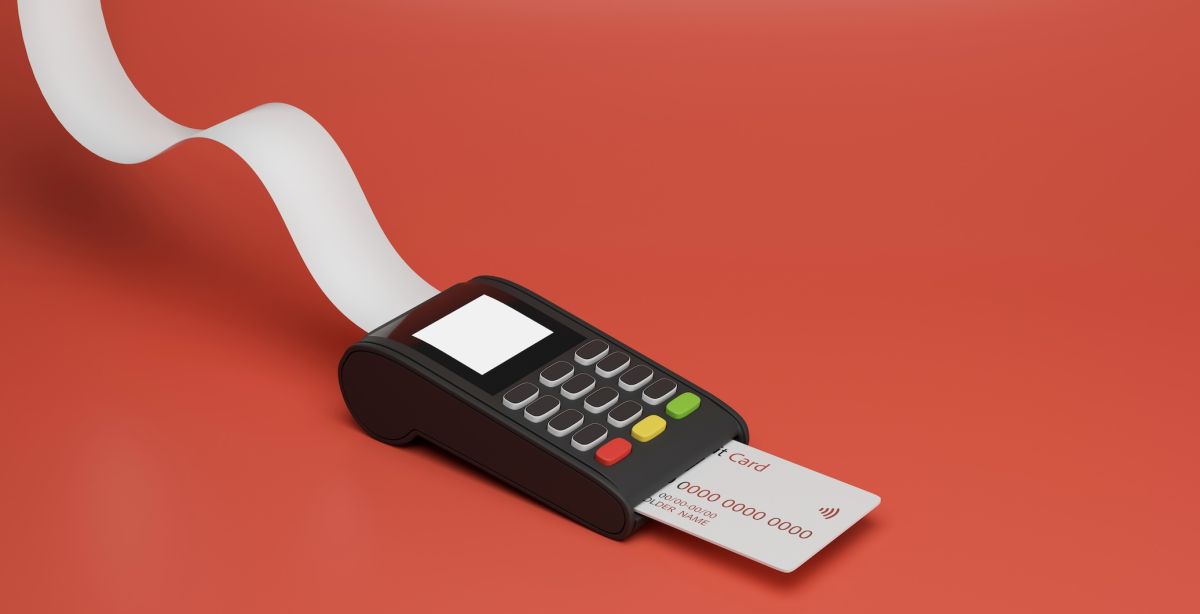eNews, Technology
Credit card surge reshapes B2B trade

In recent years, credit cards have surged in popularity among customers within the B2B credit industry.
Why it matters: Knowing why this trend is happening is critical for B2B trade creditors as it holds the potential to alter financial strategies and influence business operations.
What they’re saying: “Severe inflationary pressures over the past three and a half years have driven margins down significantly, and more businesses have started to accept credit cards in B2B trade at a drastically accelerated rate,” Andrew Behlmann, partner at Lowenstein Sandler LLP (Roseland, NJ) said during a live NACM webinar, Just a Little off the Top: Strategies for Reducing the Growing Cost of B2B Credit Card Acceptance.
By the numbers: A recent eNews poll revealed that 60% of credit professionals said that the number of customers paying with credit cards has increased in the last 12 months.
Here are some reasons why more customers are converting to credit card payments:
Quick and easy
Credit cards offer instant payment convenience, simplifying customer transactions. “Credit cards allow customers to quickly reconcile their account, eliminating any check-creating process on their side,” said Jon Ulrich, CBF, credit administrator at Ziegler CAT (Minneapolis, MN).
Cost efficient
Customers can earn rewards and receive discounts, while trade creditors can save money too. Businesses can take advantage of discounts available from Visa and Mastercard, according to Sparks Solution Group. “Level II and III discounts provide lower transaction costs for B2B vendors compared to standard processing options because of the detailed transaction data provided,” the article reads.
Safer
Paying via credit card also offers more safety than debit cards, eCheck and ACH payments. In case of fraud, both sides of a credit card transaction receive protection, including refunds. “The convenience, security and benefits are why we’re seeing our customers—no matter how big or how small—increase their use of credit card payments,” Ulrich said.
In turn, trade creditors benefit by payment integration, in which credit card transactions sync sales data with accounting, CRM and ERP platforms whereas checks and money orders are processed and reported by hand.
Yes, but: Credit card payments often impose a significant cost on many businesses. Credit card companies demand higher fees from companies that accept credit cards.
According to an Invoiced article, interchange fees typically comprise around 80% of the processing costs for each transaction. Assessment fees make up roughly 10% of all processing costs while credit card processor fees make up roughly 7% of processing costs. “As a result, we have seen an accelerated interest in the use of surcharges and other means to defray those costs in the past couple of years,” Behlmann said.
B2B creditors can apply a credit surcharge—a fee charged by a merchant on credit card transactions—to offset some or all the costs of credit card acceptance. But sometimes applying surcharges can push customers away.
What they’re saying: “After we initiated the surcharge, we thought it would taper down, but we saw an immediate halt, and within two months, almost 80% of the credit card services switched over to either ACH or check,” said Christian Pedersen, CCE, corporate credit manager at Emcor Services Aircond (Smyrna, GA). “More recently, third-party payment services had prioritized credit card payments as a vendor AP service, and we really saw an uptick in credit card transactions. We opted for credit card surcharging due to its easy and seamless transition.”
Types of Surcharges:
- Brand level: All Visa and MasterCard credit cards pay the same surcharge percentage.
- Product level: Different tiers of cards, such as Visa Platinum or Signature, pay different surcharges based on differing costs or acceptance.
Instead of surcharging, trade creditors can refinance and adjust prices. David Escobar, credit manager at Evapco, Inc. (Taneytown, MD), adjusts prices and uses cost-effective processing to stay competitive without compromising on transparency with their customers.
“Our focus is to deliver high-quality products and services while adapting to the newer payment practices,” Escobar said. “This way, we meet the customers’ needs and maintain the compliance with financial regulations.”
Credit card payments carry some increased risk as well. Customers can request chargebacks if they claim non-receipt of goods, receipt of damaged or misrepresented items, or unauthorized purchases, complicating dispute resolution for creditors.
What’s next: When implementing a surcharge program or making changes to your terms and conditions with respect to credit card acceptance, consult either your in-house counsel or your outside counsel for specific legal advice applicable to your situation. All adjustments and surcharges must be the same for all customers to comply with antitrust laws.
The bottom line: The rising use of credit cards in the B2B sector, prompted by inflation and cost-effectiveness, significantly affects financial planning and operations. However, businesses need to manage related processing costs to prevent losing customers.





